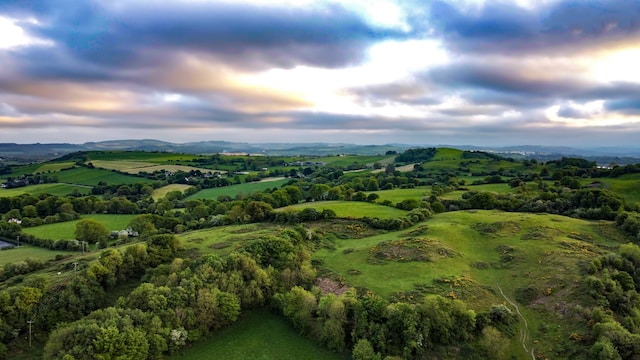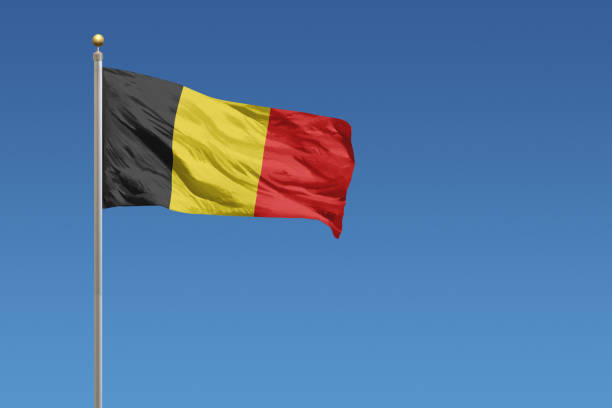This is an island country located in northwestern Europe, and it is the third-largest island in Europe. It is divided politically into two parts. The Republic of Ireland, an autonomous nation, and Northern Ireland, which is a member of the United Kingdom. The Republic of Ireland covers an area of approximately 70,273 square kilometers and has a population of around 4.9 million people. Its capital and largest city is Dublin. The official languages of Ireland are Irish (also known as Gaelic) and English. The country has a rich cultural heritage, including a strong tradition of music, literature, and folklore. It is known for its stunning natural beauty, with rolling green hills, rugged coastline, and majestic mountains. Its economy is largely based on services, with key industries including pharmaceuticals, technology, and finance. The country is a member of the European Union and has a strong relationship with the United States. The Irish government provides a range of social welfare benefits, including healthcare and education, to help support people living in the country. These services are generally considered to be of a high standard, but they can be expensive for those who do not qualify for state support. Overall, the quality of life within the country is relatively high, but it is possible to live comfortably with careful budgeting and by taking advantage of available resources and services.

If you are considering relocating to this territory, there are things you need to know about this European country. Most important is its cost of living. This article provides information on the prices of essential needs in the country.
These other articles might interest you:
Cost of living in the country
The cost of living in this country can change significantly depending on some factors including geography, the type of lifestyle one leads, and the type of housing one choose. The average cost of living in the republic is believed to be higher than the average cost of living in other countries, particularly in urban regions.
Accommodation
Housing is the most important and expensive expense in this territory. Rent can be particularly high, especially in cities such as Dublin, where the costs are generally higher than in other parts of the country. However, depending on the location and size of the property, rental costs can vary significantly. Those living on the outskirts of the city pay less in rent compared to those living in city centers.
Food and groceries
Food and groceries are also expensive, depending on whichever option one goes for. A typical meal at a mid-range restaurant in Dublin may be around $16.23 while a bottle of milk can go for $1.2.
Transportation
Public transportation is relatively more affordable than other means of transport. A single metro or bus ticket in Dublin can go for around 2.5 USD and a monthly payment costs around 118 USD.
Healthcare
The public health care system is available for residents, but using it requires paid health insurance. To access health services, expats residing here and their families can choose to purchase health insurance or go for private healthcare services.
Utilities
The charges for gas, water, heating, and light are based on the size of the apartment and its purpose. Usually, the monthly bill for utilities of a one-bedroom unit costs around 203 USD. Residents have to pay for their monthly internet and phone call usage. All of which makes this an expensive item to keep an eye on, as one makes their budget.
Things are generally more expensive in this territory than in other European countries. However, it is possible to find cheaper options by shopping at discount supermarkets, using public transport instead of driving, and taking advantage of student discounts and other promotions.



